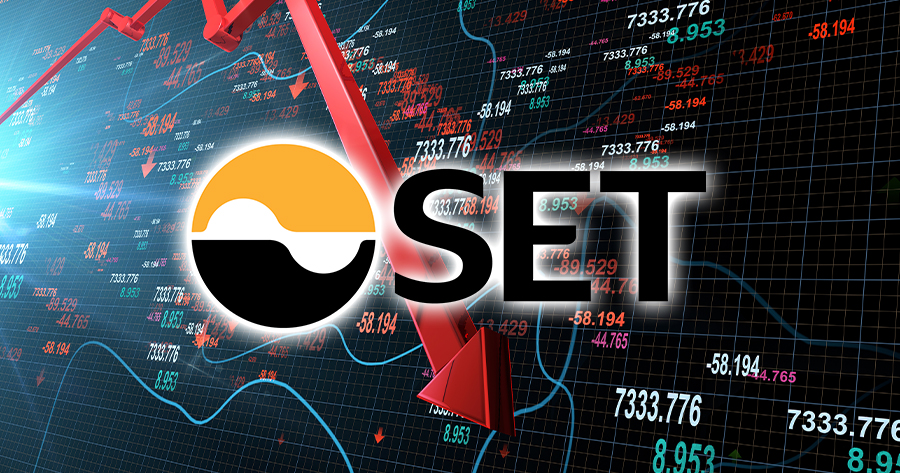Thailand’s SET Index closed at 1,393.42 points, decreased 4.01 points or 0.29% with a trading value of 36.3 billion baht. The analyst stated that the Thai stock market edged lower in the same direction as regional markets, pressured by energy sector as well as tourism stocks in response to flight cancellations from China by nearly half. Moreover, pressure is mounting in China over its support measures to the property sector that could hurt banks.
The stock market pared some losses in the afternoon session in response to export data that could indicate a recovery in the Thai economy.
Thailand’s customs-based exports for October rose 8% from a year earlier for its third straight month, according to the announcement of the commerce ministry early Monday. Still, the expansion in October was short of expectations for a 9.3% increase by Reuters poll.
For the first 10 months in 2023, Thai exports contracted 2.7%.
Meanwhile, imports for October rose 10.2% from a year earlier, higher than 6.0% expected by Reuters poll.
Thailand recorded a 0.83 billion baht of deficit in October, compared to 0.53 billion surplus polled by Reuters.
Thai market regulators, Securities and Exchange Commission (SEC), together with Thai Bond Market Association (Thai BMA), aim to tighten their restrictions on corporate bonds or debentures, as the new proposed rule will force the bond issuers to further disclose their company key financial ratios to better reflect their credit ratings.
Furthermore, the Public Offering (PO) or the investment grade rating criteria will be hiked from at least BBB to at least A. Surely, this will affect all listed companies that wish to raise their capital through the bond market. However, the new rule is still under the public hearing process.
Vietnam’s parliament is set to endorse a top-up tax for multinationals on Wednesday, raising the effective rate of the corporate levy to 15% to be in line with a global agreement. The said top-up tax is wildly controversial since it could cause foreign investors to turn away from investing in Vietnam.
The new rules, outlined by the Organisation for Economic Cooperation and Development (OECD), indicate that companies that pay less than 15% in a low-tax jurisdiction will face a top-up levy.
The standard corporate income tax in Vietnam is set at 20%. However, there are government measures that offer foreign investors to pay the effective tax rate for as low as 5%, with some measures allowing the large foreign investors to pay no tax at all for a certain period.





